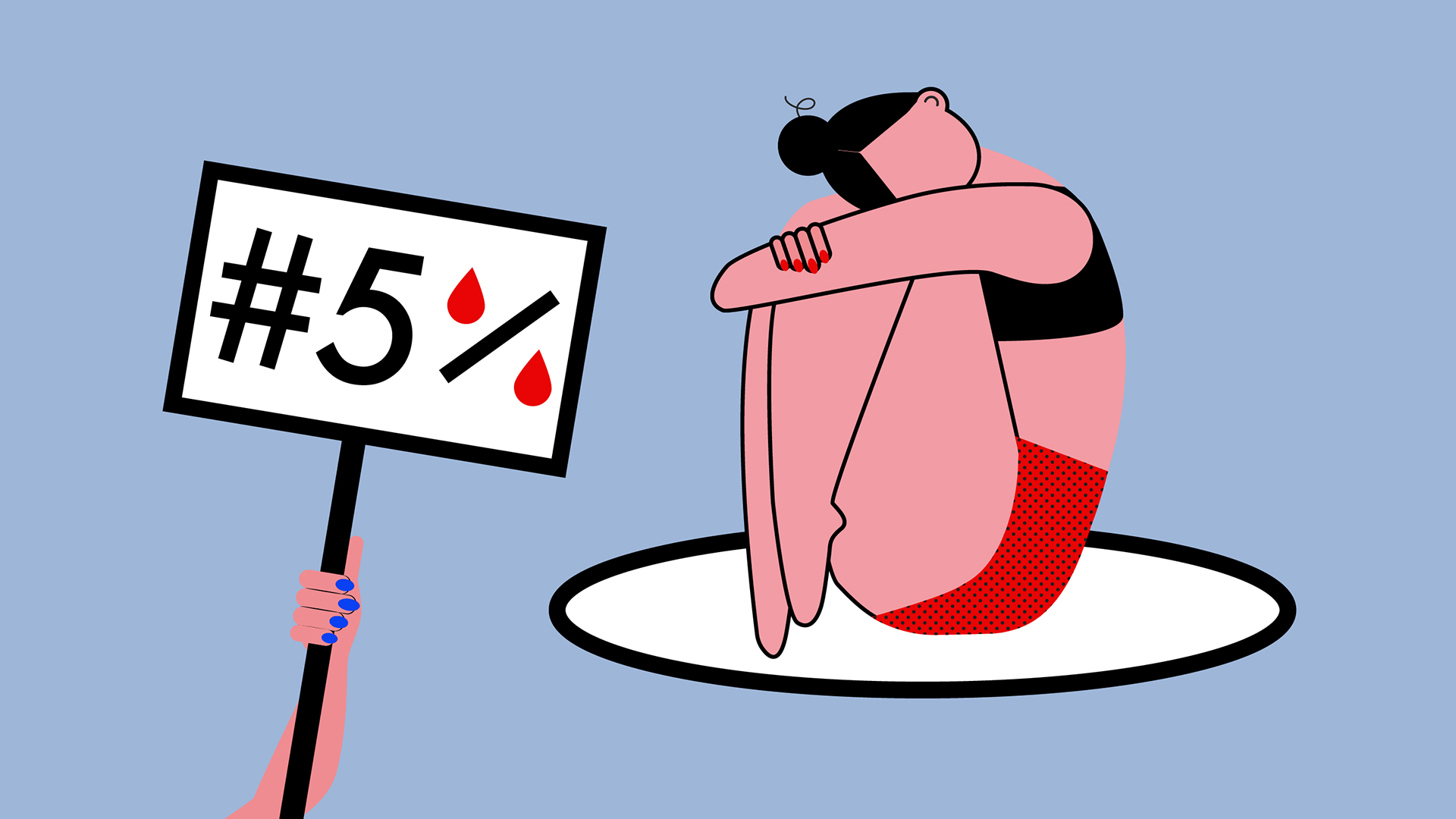
Menstruation is a political issue
Menstrual poverty should be a concern of society as a whole.
The survey results show that menstruation is a luxury for far too many people in Croatia.
Recently, the City of Rijeka announced that free menstrual supplies would be available in all local public schools.

Marinella Matejčić
Marinella Matejčić is a feminist activist with a Bachelor’s degree in Cultural Studies. She currently works with the association for human and civil rights PaRiter as the coordinator for women’s rights and reproductive justice programs. She is also a consultant at Frida — the Young Feminist Fund and Urgent Action Fund.
This story was originally written in Serbian.